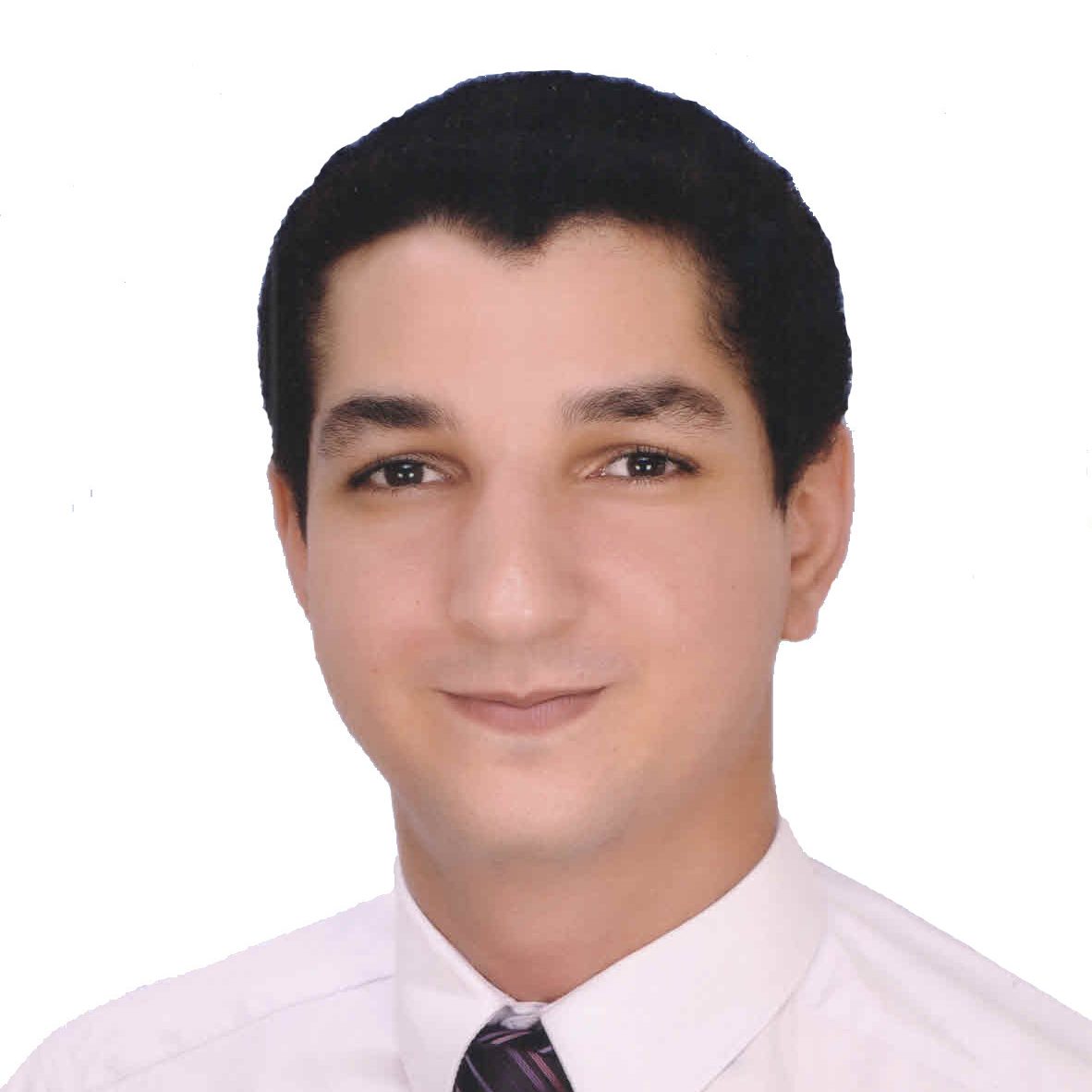Jinchen Wang (jinchen@mit.edu) received the B.Eng. degree in electronic information engineering from the University of Electronic Science and Technology of China in 2019, and the B.Eng. degree with first-class honors in electronics and electrical engineering from the University of Glasgow in 2019. He is currently pursuing the Ph.D. degree with the Department of Electrical Engineering and Computer Science, MIT. His research interests include RF/mmW/THz circuits, algorithms, and systems for radar imaging, wireless communication, quantum computing, and other novel applications. He was also a recipient of the IEEE Microwave Theory and Technique Society Undergraduate/Pre-Graduate Scholarship Award in 2019.
Publications:
1. X. Yi, J. Wang, C. Wang, K. E. Kolodziej and R. Han, “A 3.4–4.6GHz In-Band Full-Duplex Front-End in CMOS Using a Bi-Directional Frequency Converter,” 2020 IEEE Radio Frequency Integrated Circuits Symposium (RFIC), Los Angeles, CA, USA, 2020, pp. 47-50.
2. X. Yi, C. Wang, X. Chen, J. Wang, J. Grajal and R. Han, “A 220-to-320-GHz FMCW Radar in 65-nm CMOS Using a Frequency-Comb Architecture,” in IEEE Journal of Solid-State Circuits.
3. X. Yi, C. Wang, M. Lu, J. Wang, J. Grajal and R. Han, “4.8 A Terahertz FMCW Comb Radar in 65nm CMOS with 100GHz Bandwidth,” 2020 IEEE International Solid- State Circuits Conference – (ISSCC), San Francisco, CA, USA, 2020, pp. 90-92.
4. C. Li, F. You, J. Wang, J. Huang and S. He, “Third-order complex delta-sigma modulator with arbitrary poles and zeros placement,” in Electronics Letters, vol. 56, no. 2, pp. 71-73, 23 01 2020.
5. J. Peng, S. He, W. Shi, T. Yao, J. Wu and J. Wang, “Adaptive Signal Separation for Dual-Input Doherty Power Amplifier,” in IEEE Transactions on Microwave Theory and Techniques, vol. 68, no. 1, pp. 121-131, Jan. 2020.
6. C. Li, F. You, J. Peng, J. Wang, M. F. Haider and S. He, “Co-Design of Matching Sub-Networks to Realize Broadband Symmetrical Doherty With Configurable Back-Off Region,” in IEEE Transactions on Circuits and Systems II: Express Briefs, vol. 67, no. 10, pp. 1730-1734, Oct. 2020.
7. W. Shi, S. He, J. Peng and J. Wang, “Digital Dual-Input Doherty Configuration for Ultrawideband Application,” in IEEE Transactions on Industrial Electronics, vol. 67, no. 9, pp. 7509-7518, Sept. 2020.
8. C. Li, F. You, S. He, X. Tang, W. Shi and J. Wang, “High-Efficiency Power Amplifier Employing Minimum-Power Harmonic Active Load Modulator,” in IEEE Transactions on Circuits and Systems II: Express Briefs, vol. 66, no. 8, pp. 1371-1375, Aug. 2019.
9. C. Li, F. You, X. Zhu, J. Wang and S. He, “Design of Broadband Doherty Power Amplifier with Extended Efficiency Range Employing Asymmetric Structure,” 2018 Asia-Pacific Microwave Conference (APMC), Kyoto, 2018, pp. 452-454.
10. J. Wang, S. He, F. You, W. Shi, J. Peng and C. Li, “Codesign of High-Efficiency Power Amplifier and Ring-Resonator Filter Based on a Series of Continuous Modes and Even–Odd-Mode Analysis,” in IEEE Transactions on Microwave Theory and Techniques, vol. 66, no. 6, pp. 2867-2878, June 2018.
11. J. Wang, S. He and D. Gan, “A 2.4/3.5/5.2/5.8-GHz quad-band BPF using SLRs and triangular loop resonators,” in Electronics Letters, vol. 54, no. 5, pp. 299-301, 8 3 2018.
12. J. Wang, Y. Guan, H. Yu, N. Li, S. Wang, C. Shen, Z. Dai, D. Gan, R. Yang, S. He and G. Zhang, “Transparent graphene microstrip filters for wireless communications,” in Journal of Physics D: Applied Physics, 50(34), p.34LT01, 2017.
13. J. Wang, Y. Guan and S. He, “Transparent 5.8 GHz filter based on graphene,” 2017 IEEE MTT-S International Microwave Symposium (IMS), Honololu, HI, 2017, pp. 1653-1655.
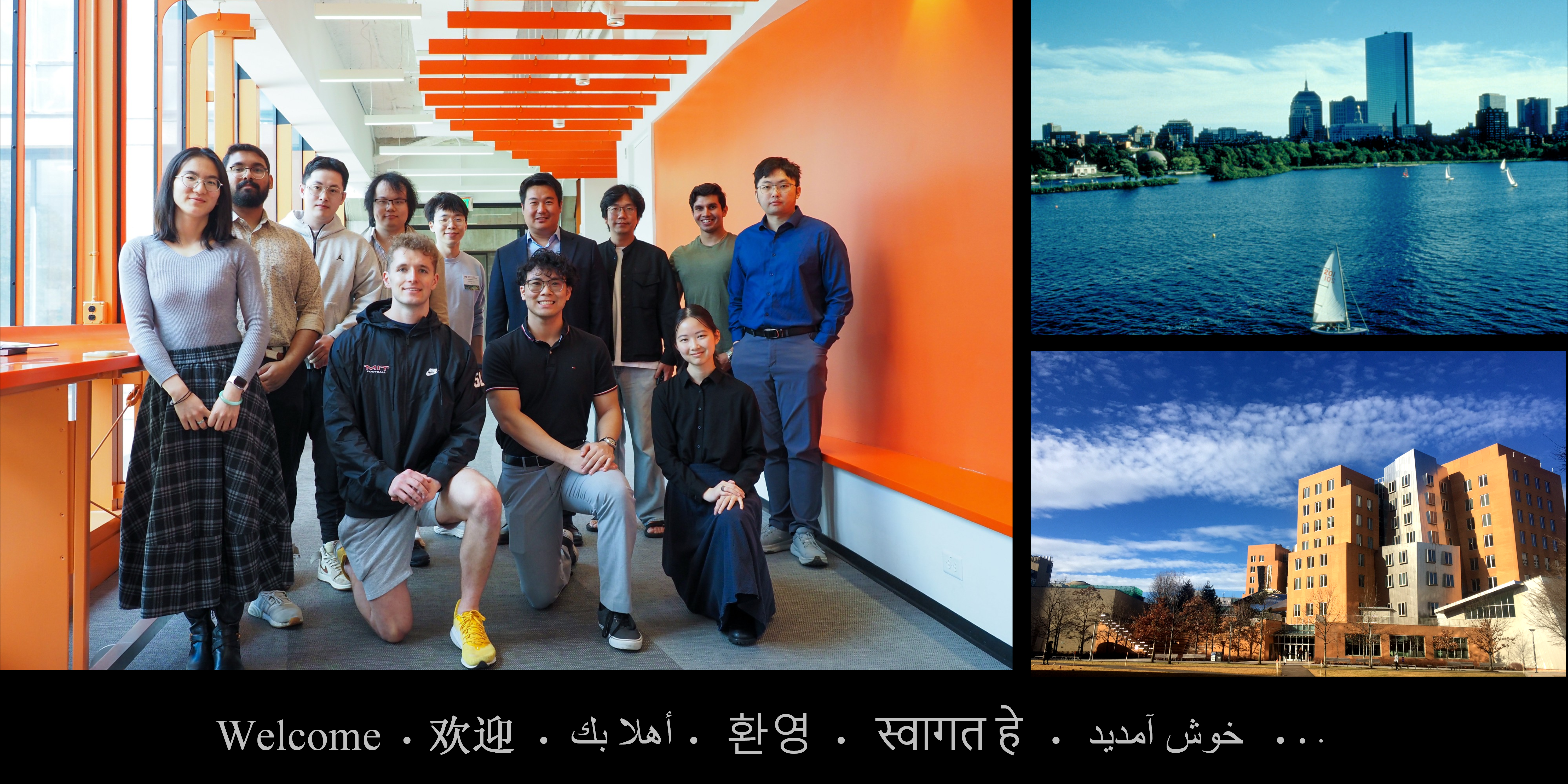
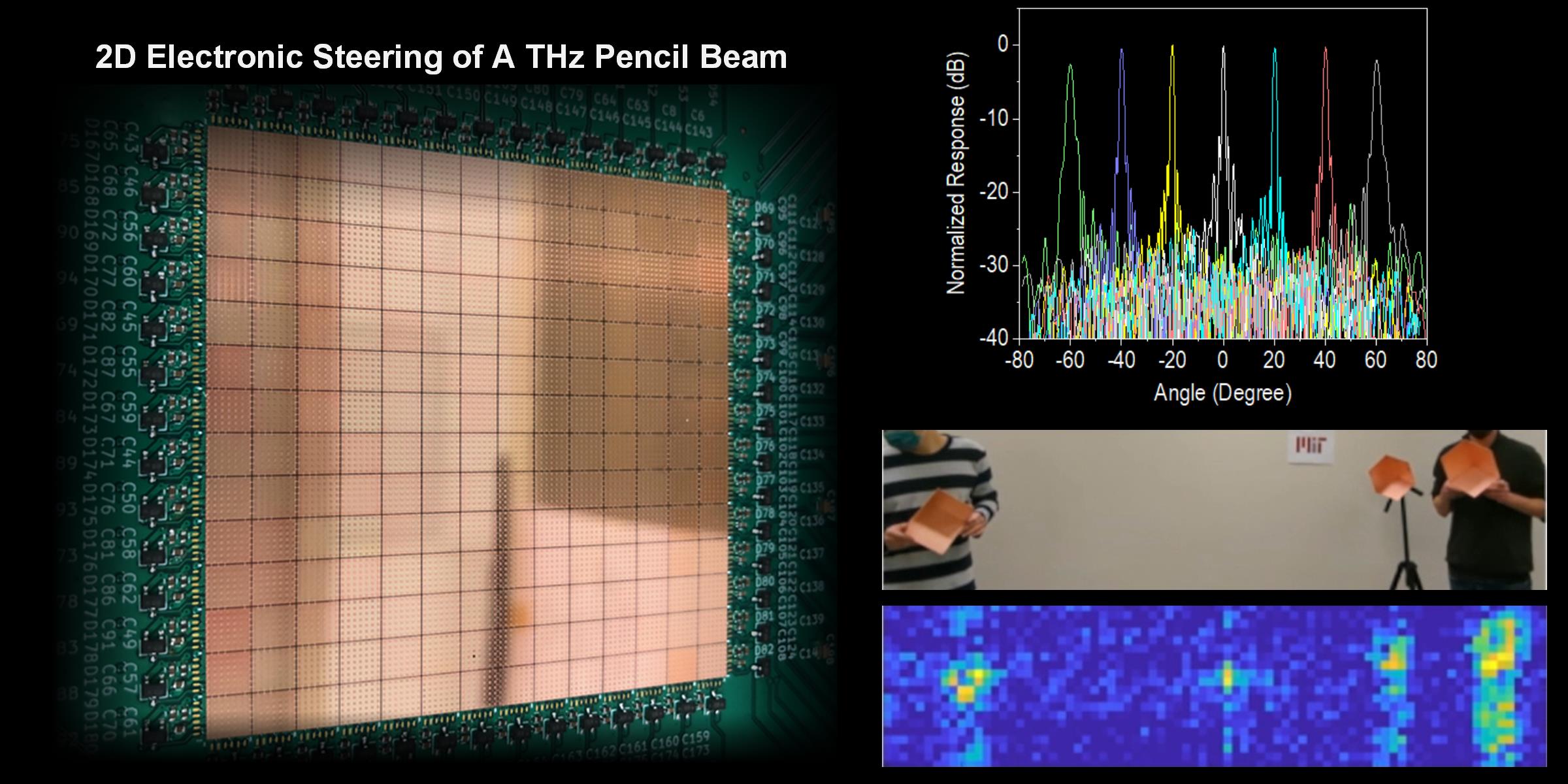 A 260GHz 98x98 Reflectarray in CMOS (ISSCC 2022). See the THz imaging video demo here
A 260GHz 98x98 Reflectarray in CMOS (ISSCC 2022). See the THz imaging video demo here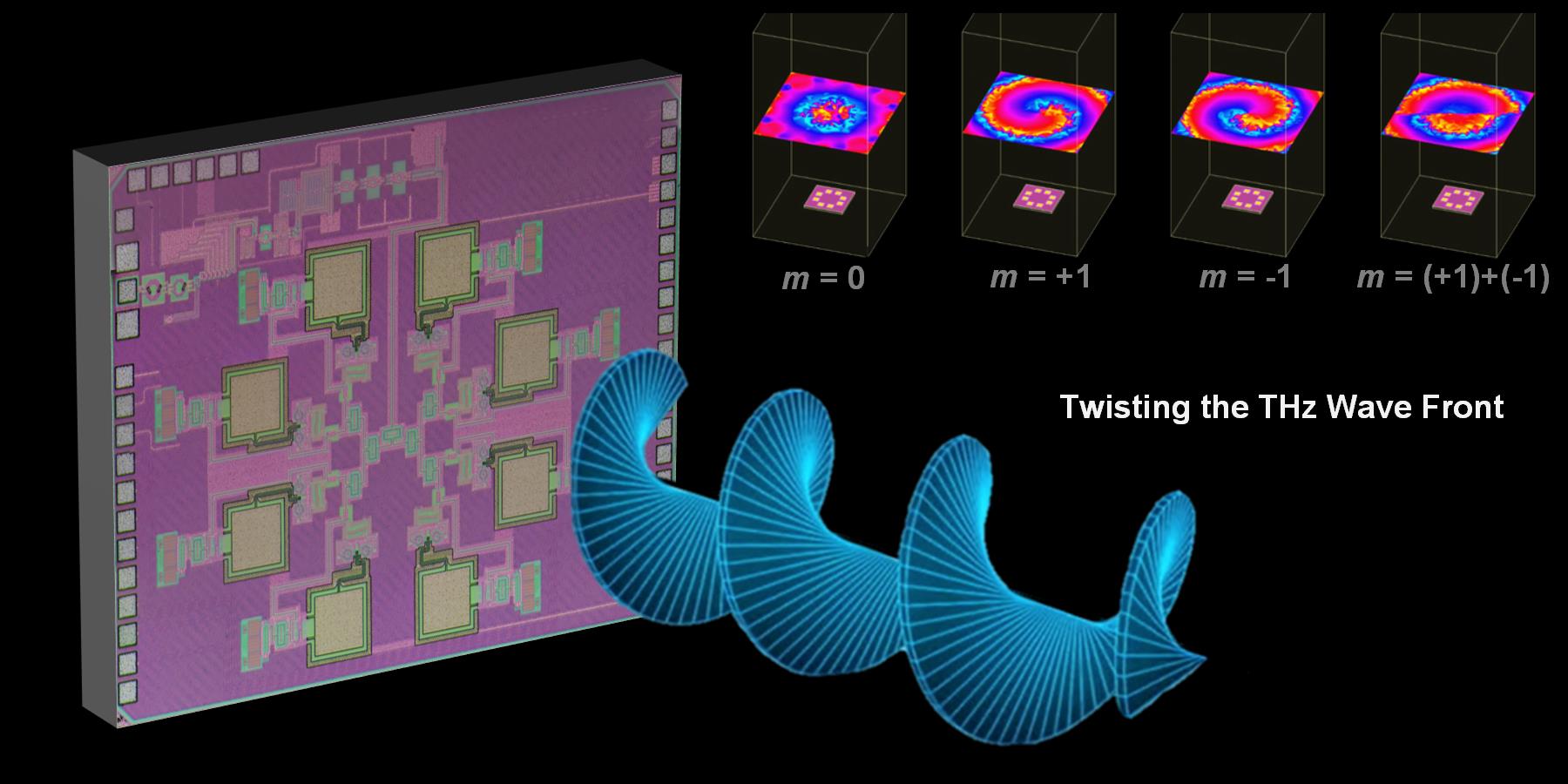 310GHz Transceiver Enabling Bits to OAM Mode Mapping (RFIC 2021 Best Student Paper Award, JSSC 2022)
310GHz Transceiver Enabling Bits to OAM Mode Mapping (RFIC 2021 Best Student Paper Award, JSSC 2022)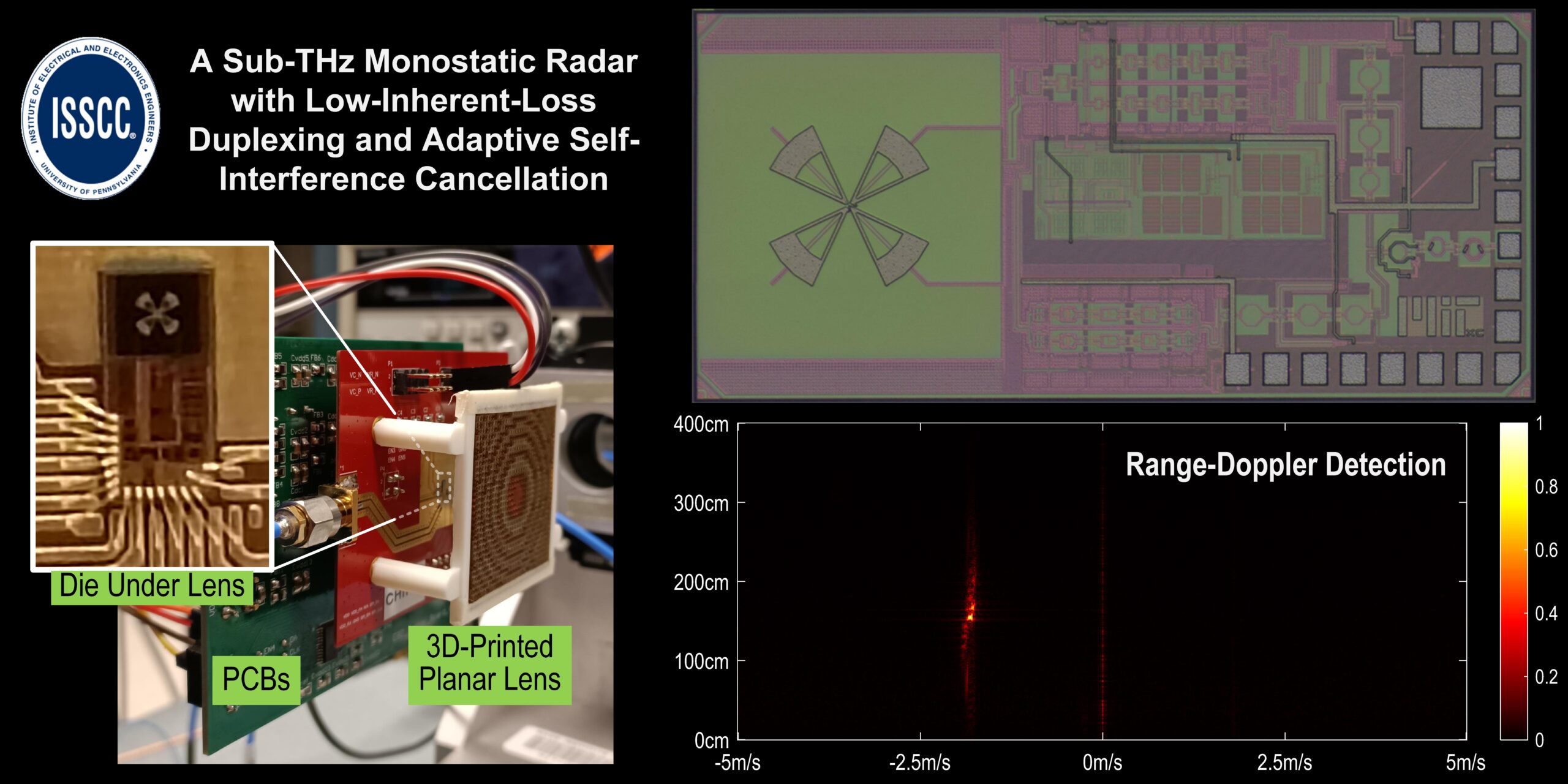 A 140GHz Monostatic Radar in CMOS (ISSCC 2022). See the Radar video demo here
A 140GHz Monostatic Radar in CMOS (ISSCC 2022). See the Radar video demo here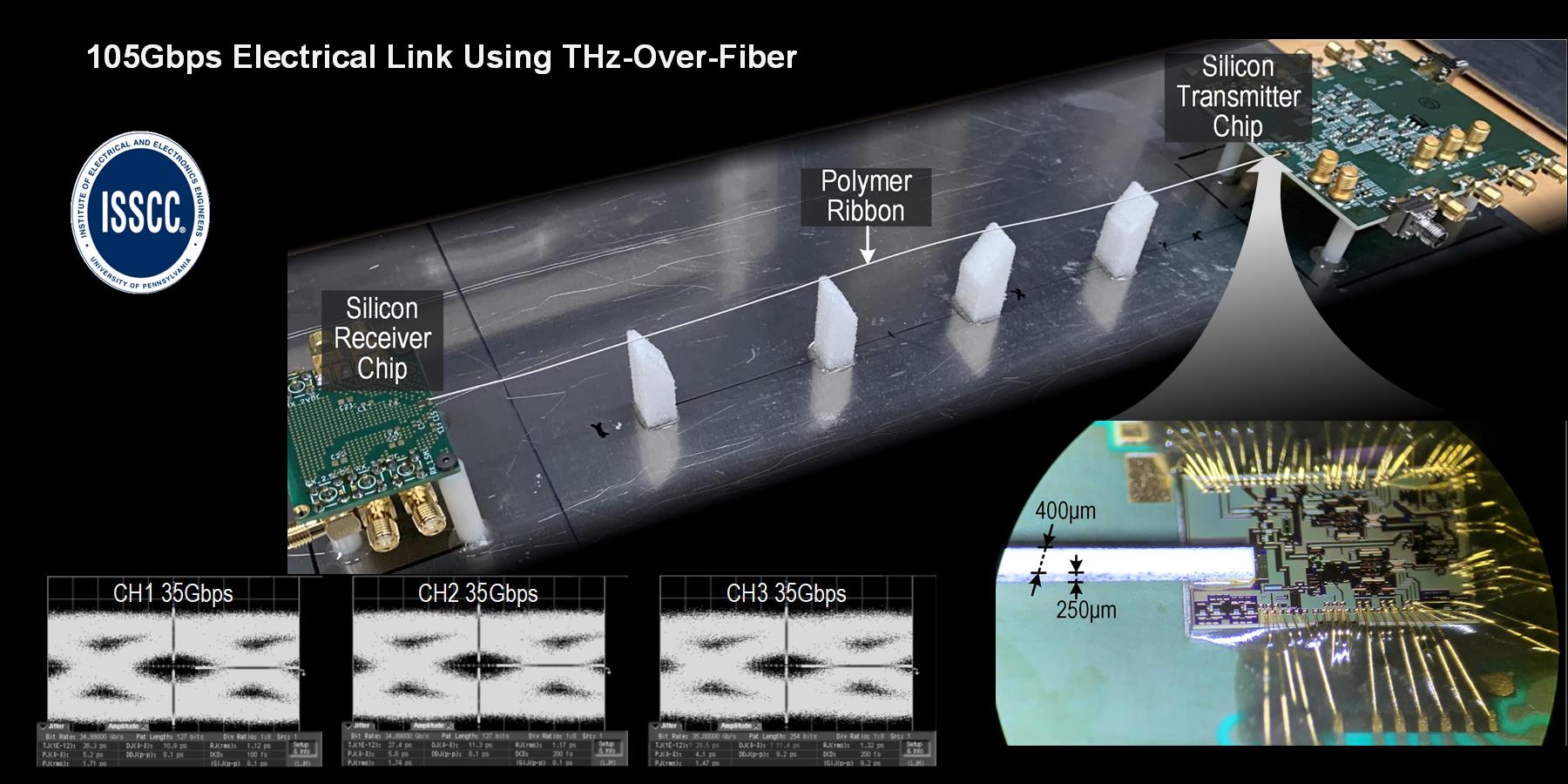 220-to-330GHz Wavelength-Multiplexed Chip-to-Chip Interconnect (ISSCC2021, T-MTT 2017)
220-to-330GHz Wavelength-Multiplexed Chip-to-Chip Interconnect (ISSCC2021, T-MTT 2017)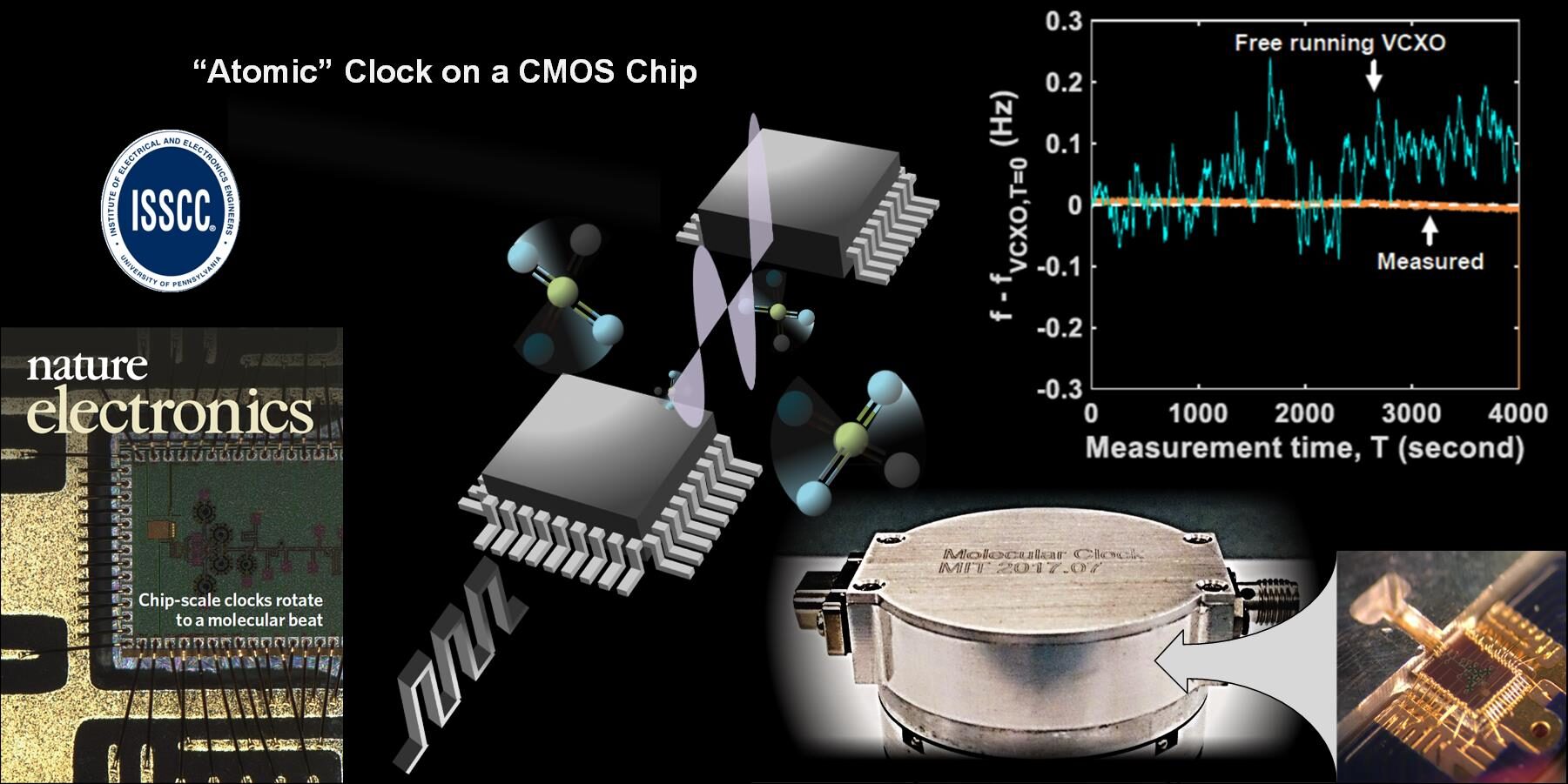 Ultra-Stable Frequency Reference Using THz Rotational Spectroscopy. (1st Gen: Nature Electronics 2018, 2nd Gen: ISSCC 2020, 3rd Gen: RFIC 2022)
Ultra-Stable Frequency Reference Using THz Rotational Spectroscopy. (1st Gen: Nature Electronics 2018, 2nd Gen: ISSCC 2020, 3rd Gen: RFIC 2022)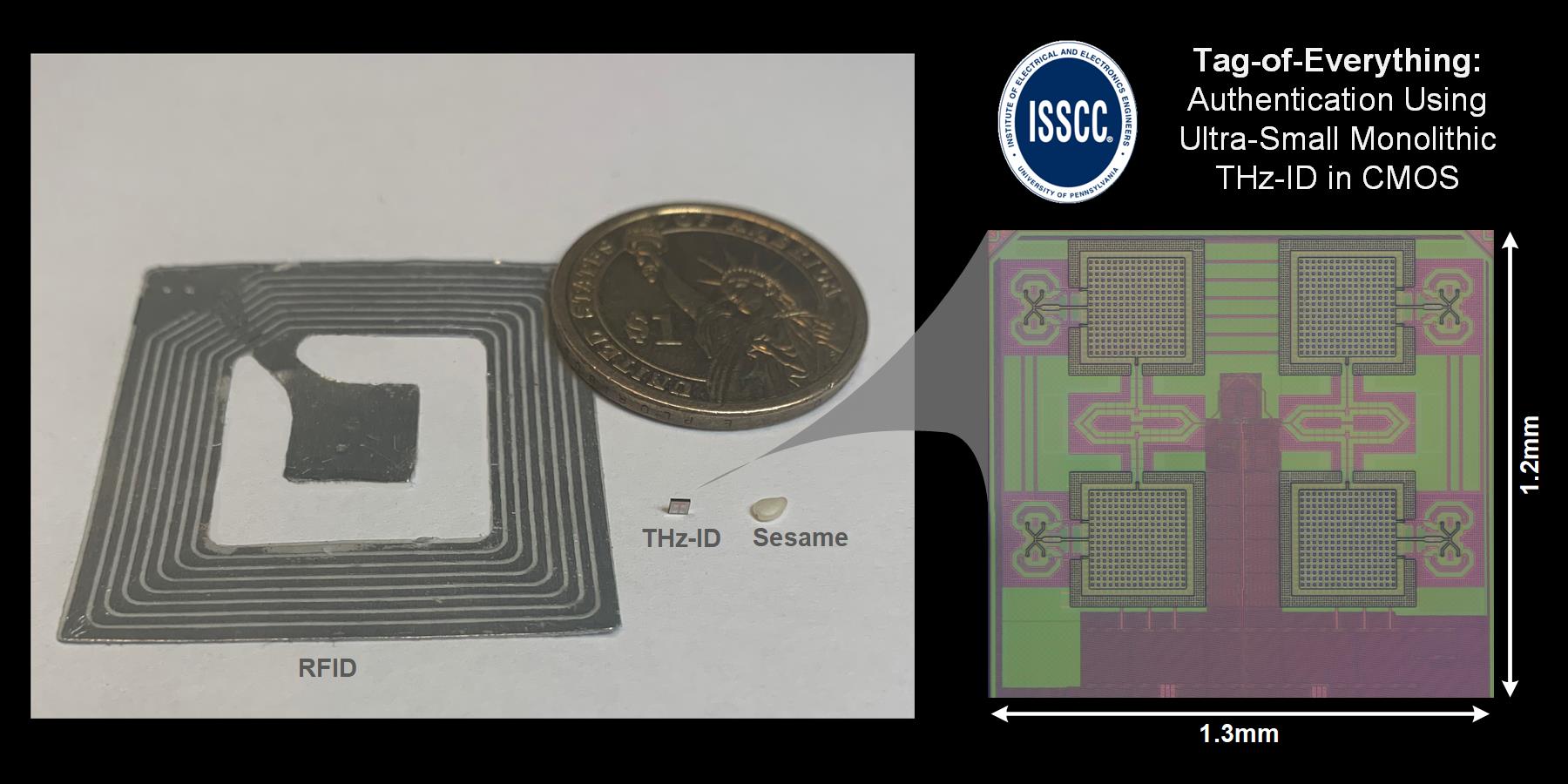 (ISSCC 2020, A Collaboration with Prof. A. Chandrakasan's Team at MIT)
(ISSCC 2020, A Collaboration with Prof. A. Chandrakasan's Team at MIT) High-Ranging-Resolution Radar with a High-Parallelism Architecture (ISSCC 2020)
High-Ranging-Resolution Radar with a High-Parallelism Architecture (ISSCC 2020)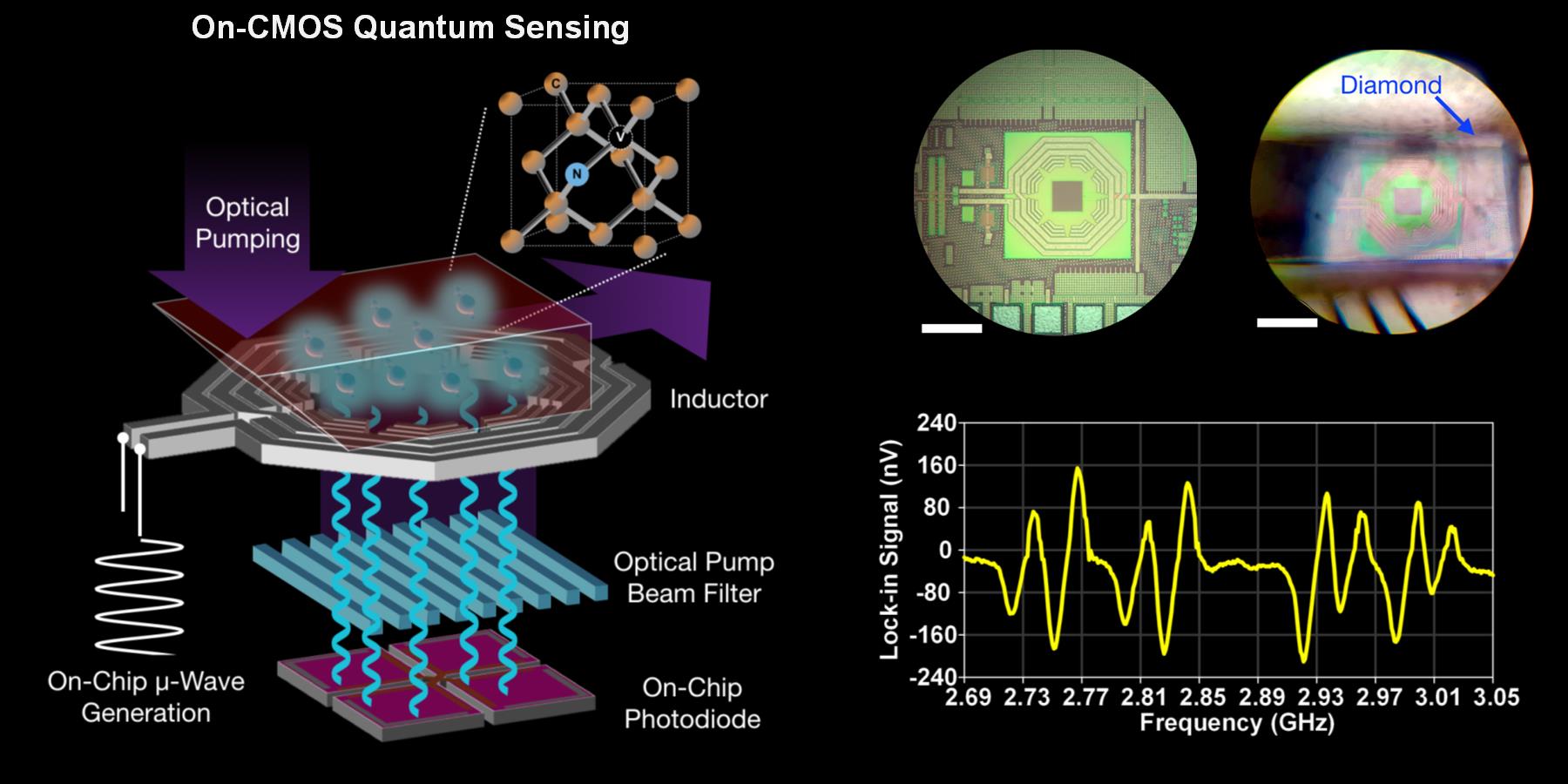 On-Chip Magnetometry Using Spin States in Diamond Color Centers (Nature Electronics 2019, ISSCC2019, In Collaboration with D. Englund's Group)
On-Chip Magnetometry Using Spin States in Diamond Color Centers (Nature Electronics 2019, ISSCC2019, In Collaboration with D. Englund's Group)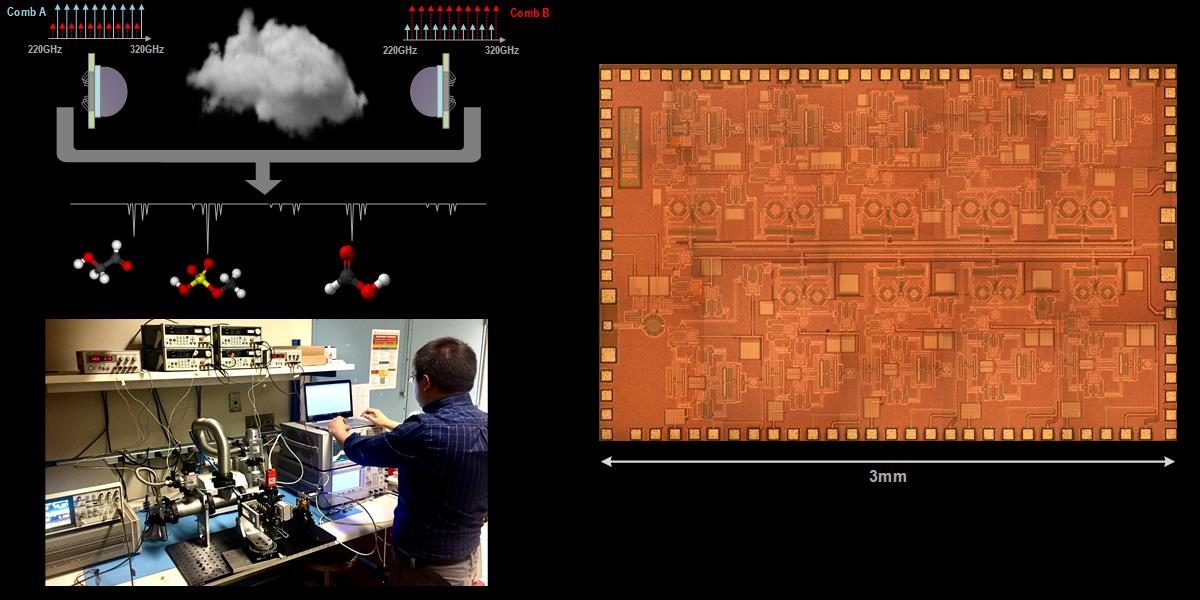 Parallelism in Broadband Spectral Sensing: Dual-THz-Frequency-Comb Molecular Sensor in CMOS (ISSCC 2017, JSSC2017, T-BioCAS2018)
Parallelism in Broadband Spectral Sensing: Dual-THz-Frequency-Comb Molecular Sensor in CMOS (ISSCC 2017, JSSC2017, T-BioCAS2018)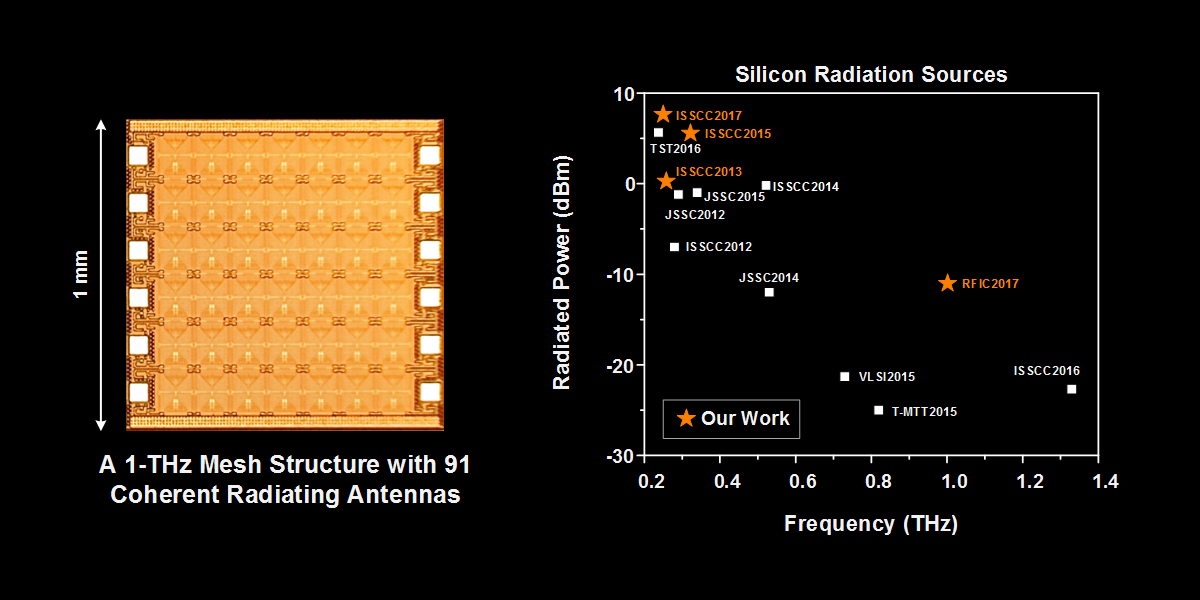 Multi-Functional Electromagnetic Designs for Efficient THz Operations (JSSC 2018, RFIC2017, IEDM2017)
Multi-Functional Electromagnetic Designs for Efficient THz Operations (JSSC 2018, RFIC2017, IEDM2017)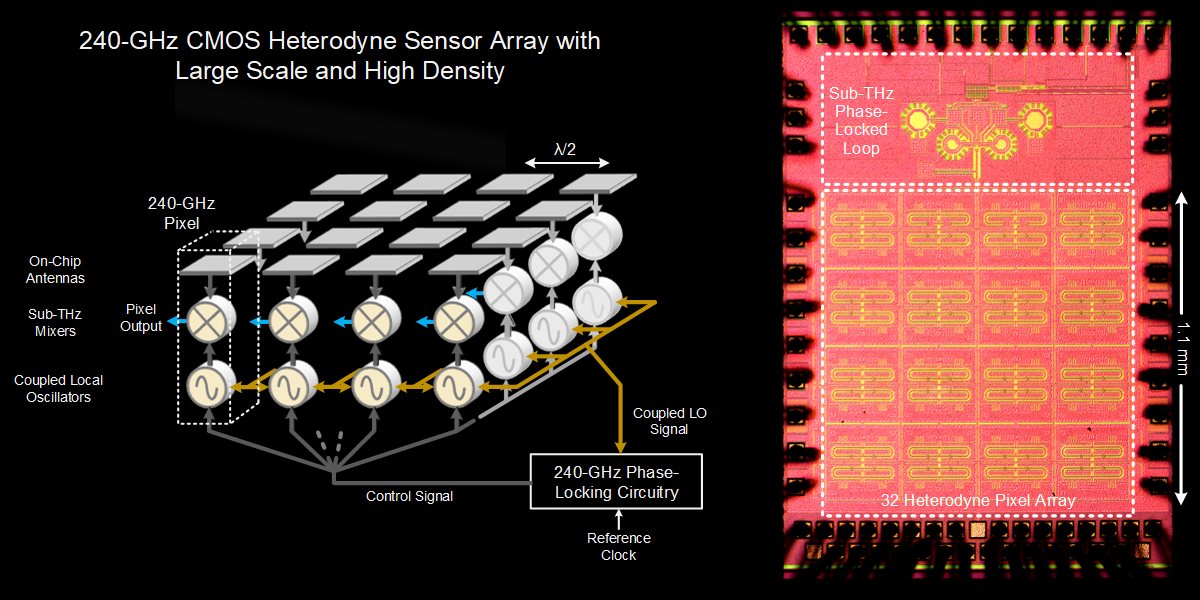 Heterodyne Sensing Array for Imaging with Steerable THz Pencil Beam (RFIC2018, JSSC2019)
Heterodyne Sensing Array for Imaging with Steerable THz Pencil Beam (RFIC2018, JSSC2019)
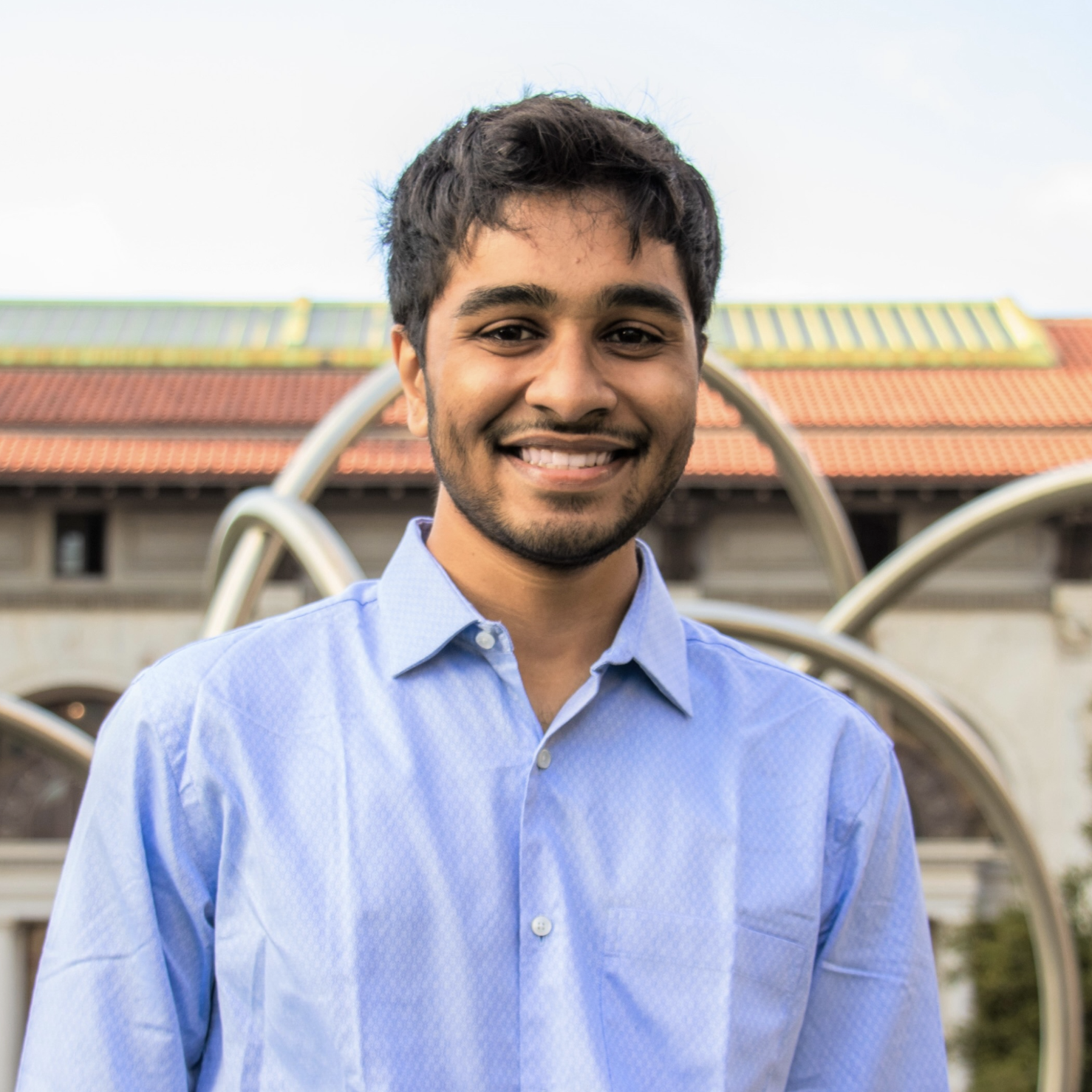 Sanjay Chintapally (
Sanjay Chintapally (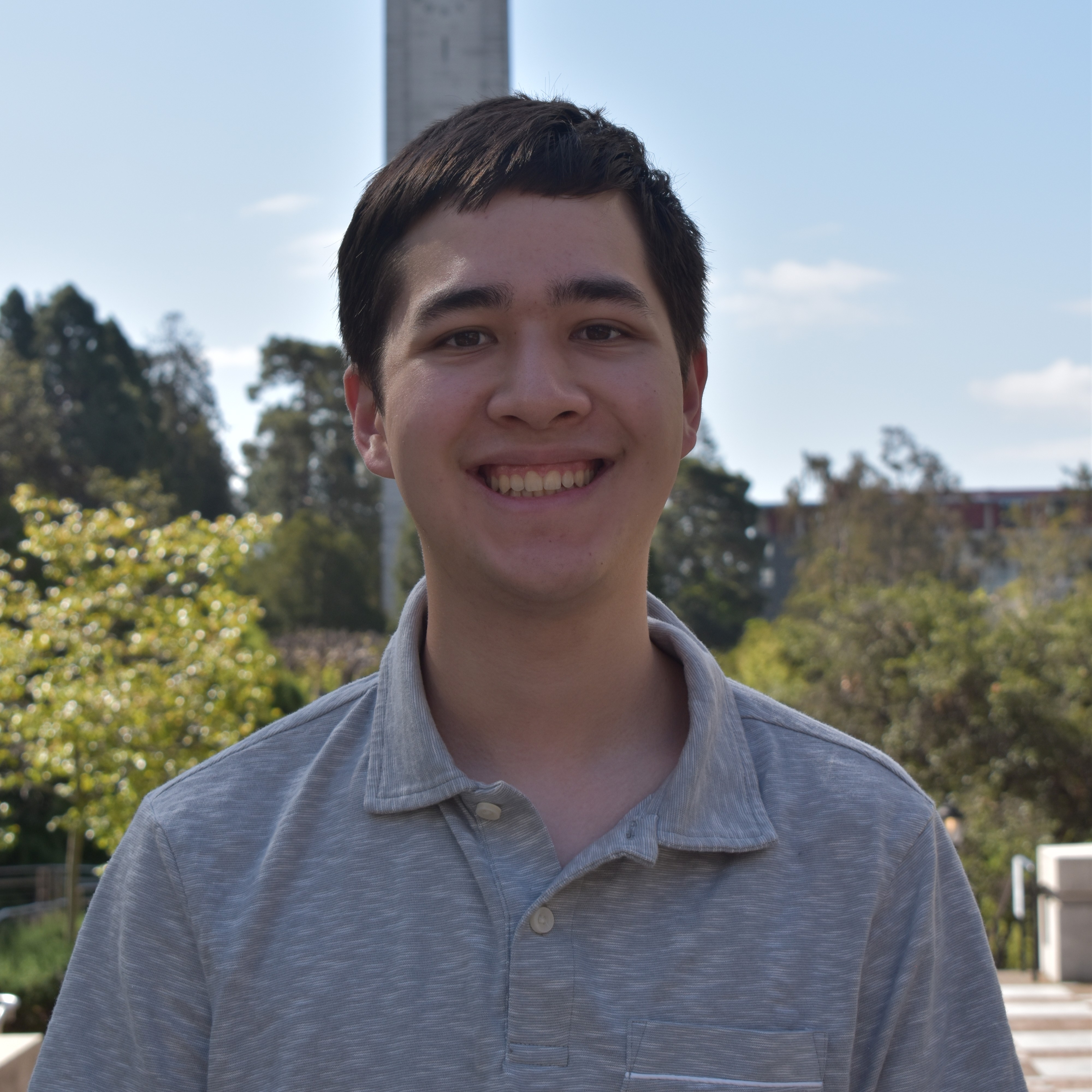 Tyler Weigand (
Tyler Weigand ( Nicholas (Sihyun) Lee (
Nicholas (Sihyun) Lee (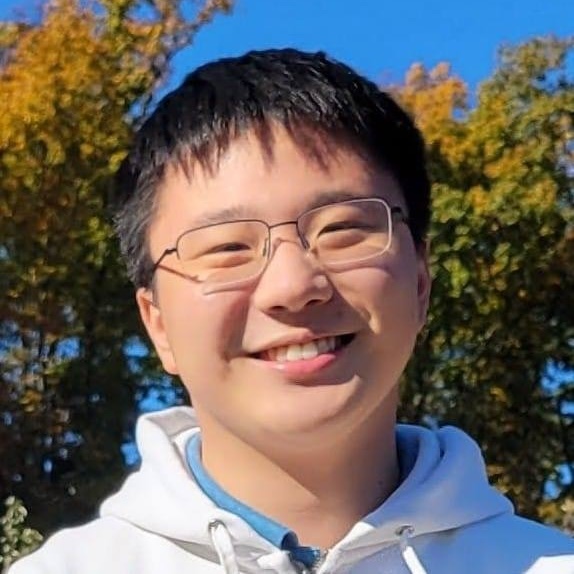 Youran (Yoland) Gao (
Youran (Yoland) Gao (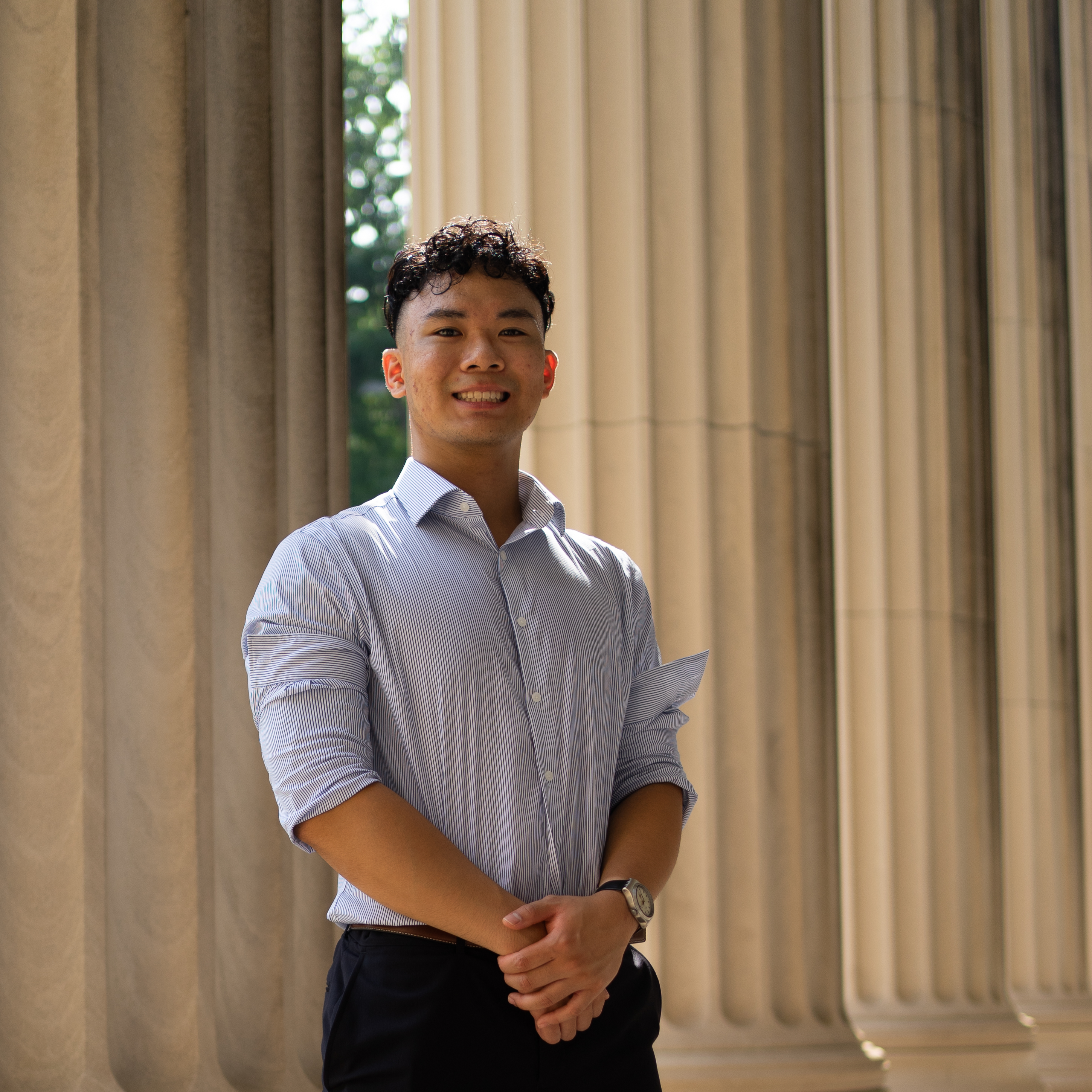 Jason Li (
Jason Li (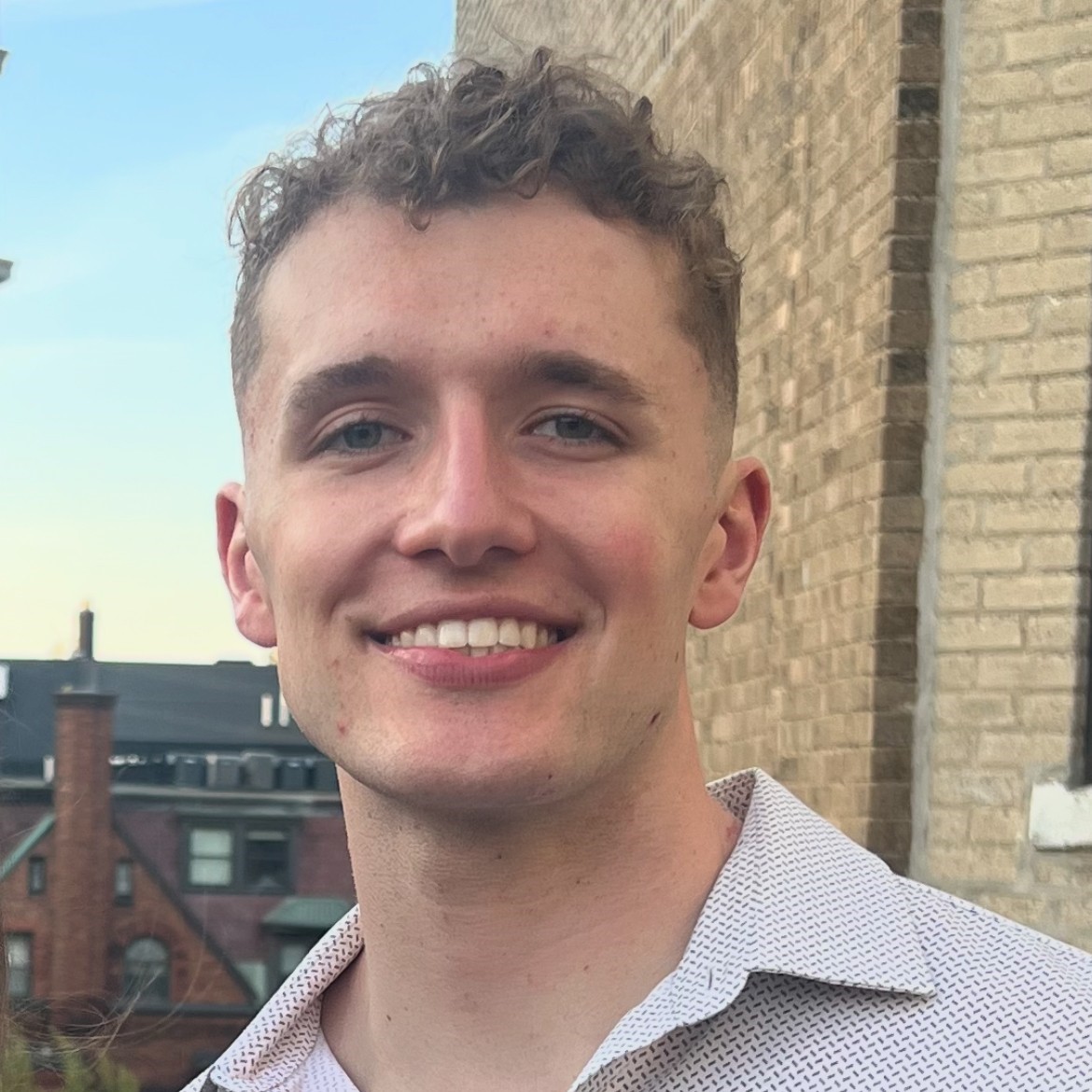 Kyle Heinz (
Kyle Heinz ( Tiffany Louie (
Tiffany Louie ( Krishna Pochana (
Krishna Pochana ( Email: avabowen@mit.edu
Email: avabowen@mit.edu Pradyot Yadav (
Pradyot Yadav (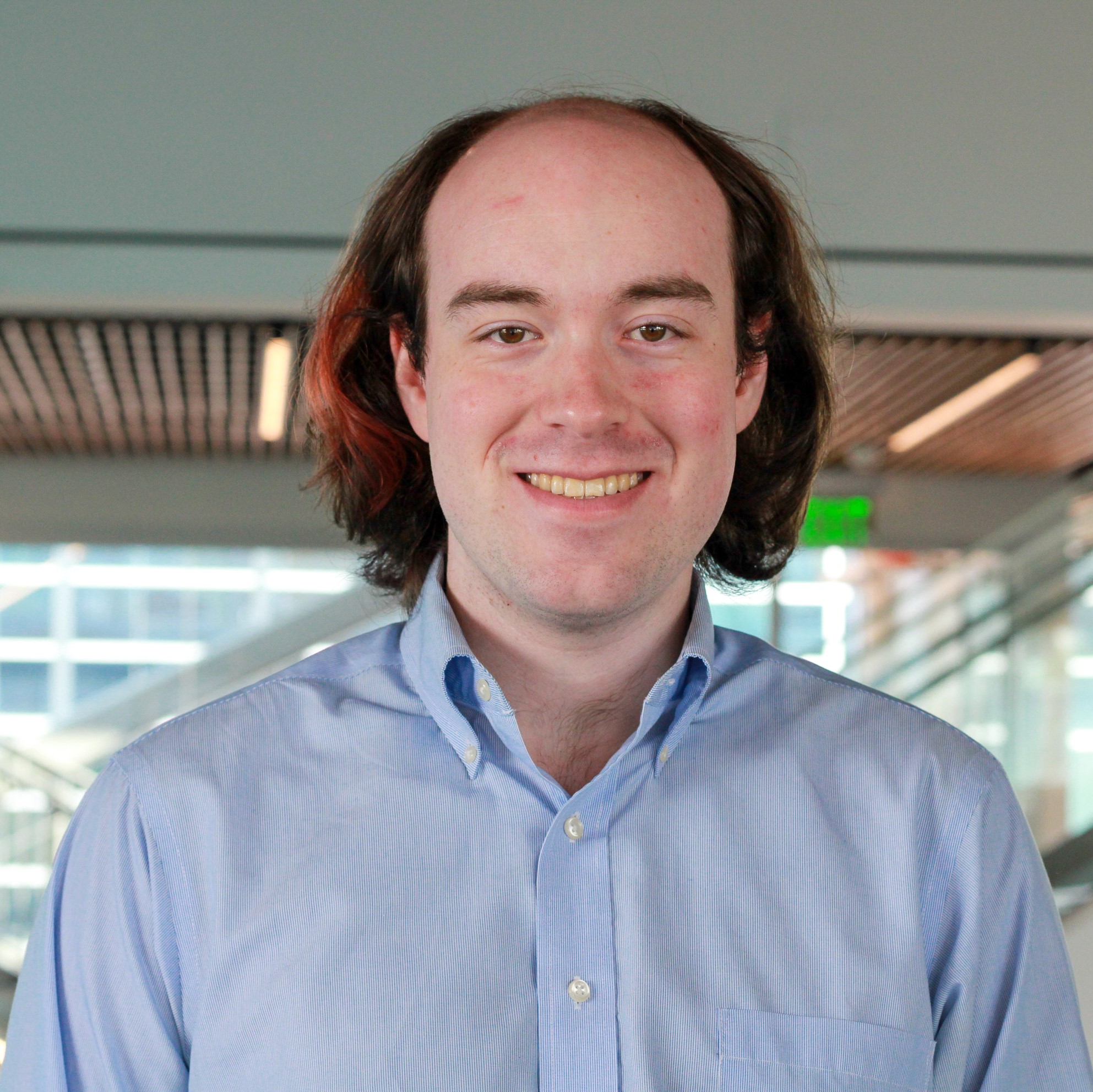 Matthew Cox (
Matthew Cox (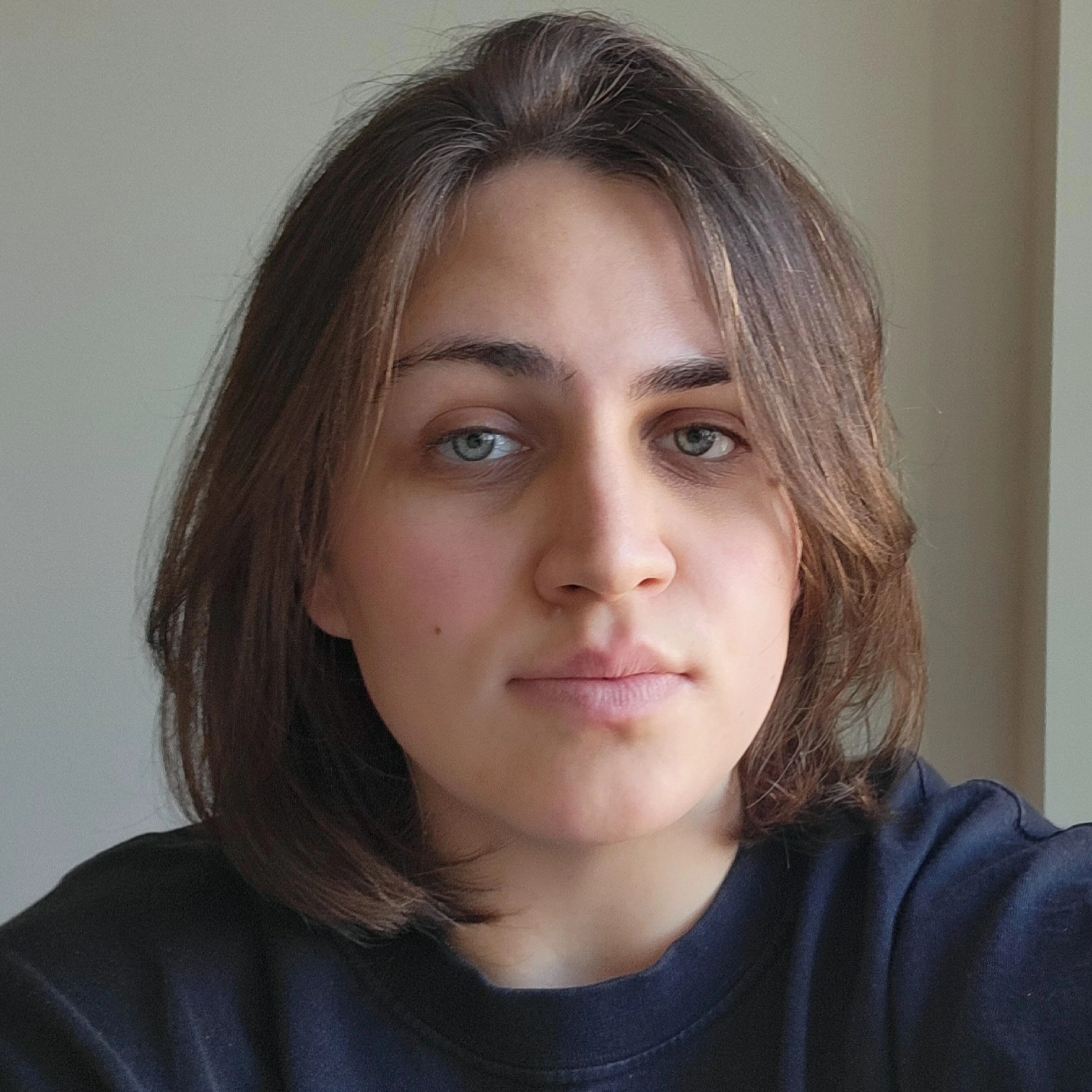 Lejla Skelic (
Lejla Skelic (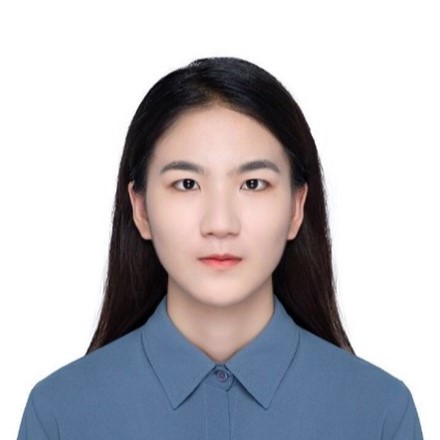 Yan Xu (
Yan Xu (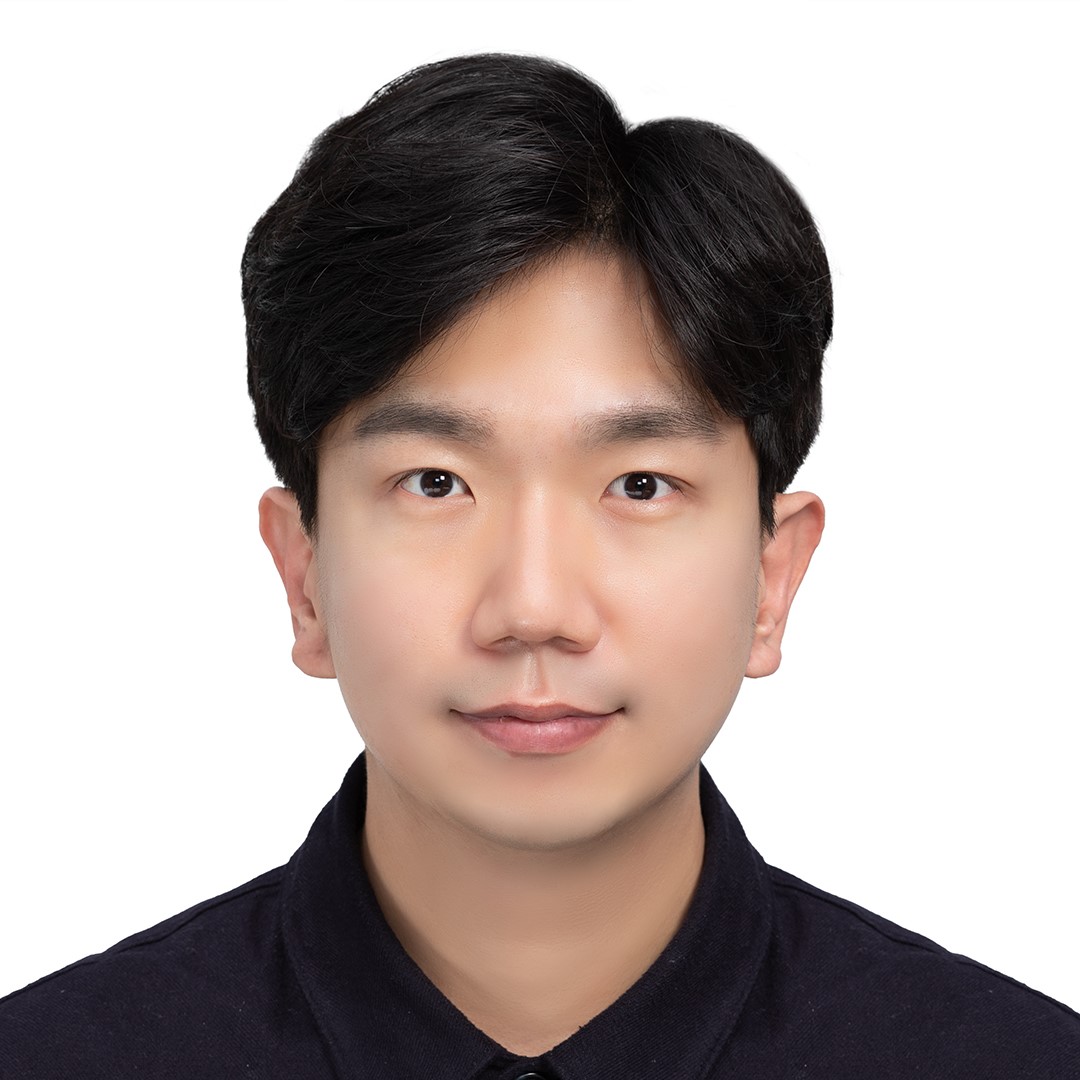 Jaehong Jung (
Jaehong Jung (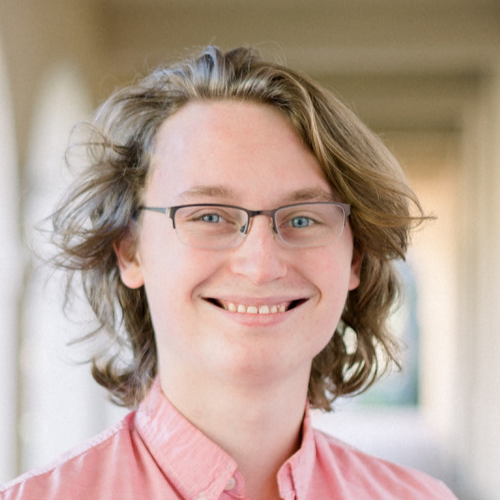 Cole Brabec (
Cole Brabec (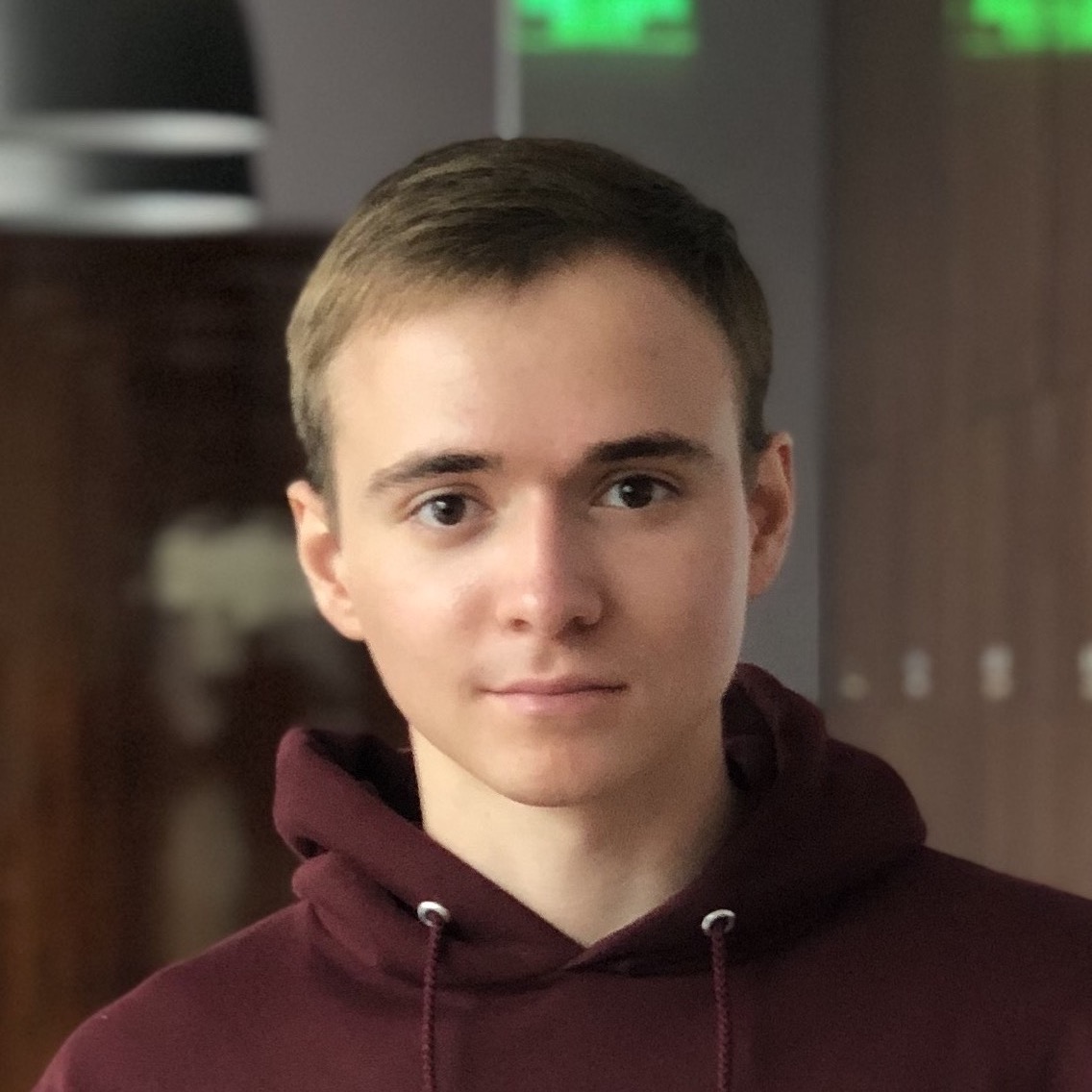 Nikita Romanov (
Nikita Romanov (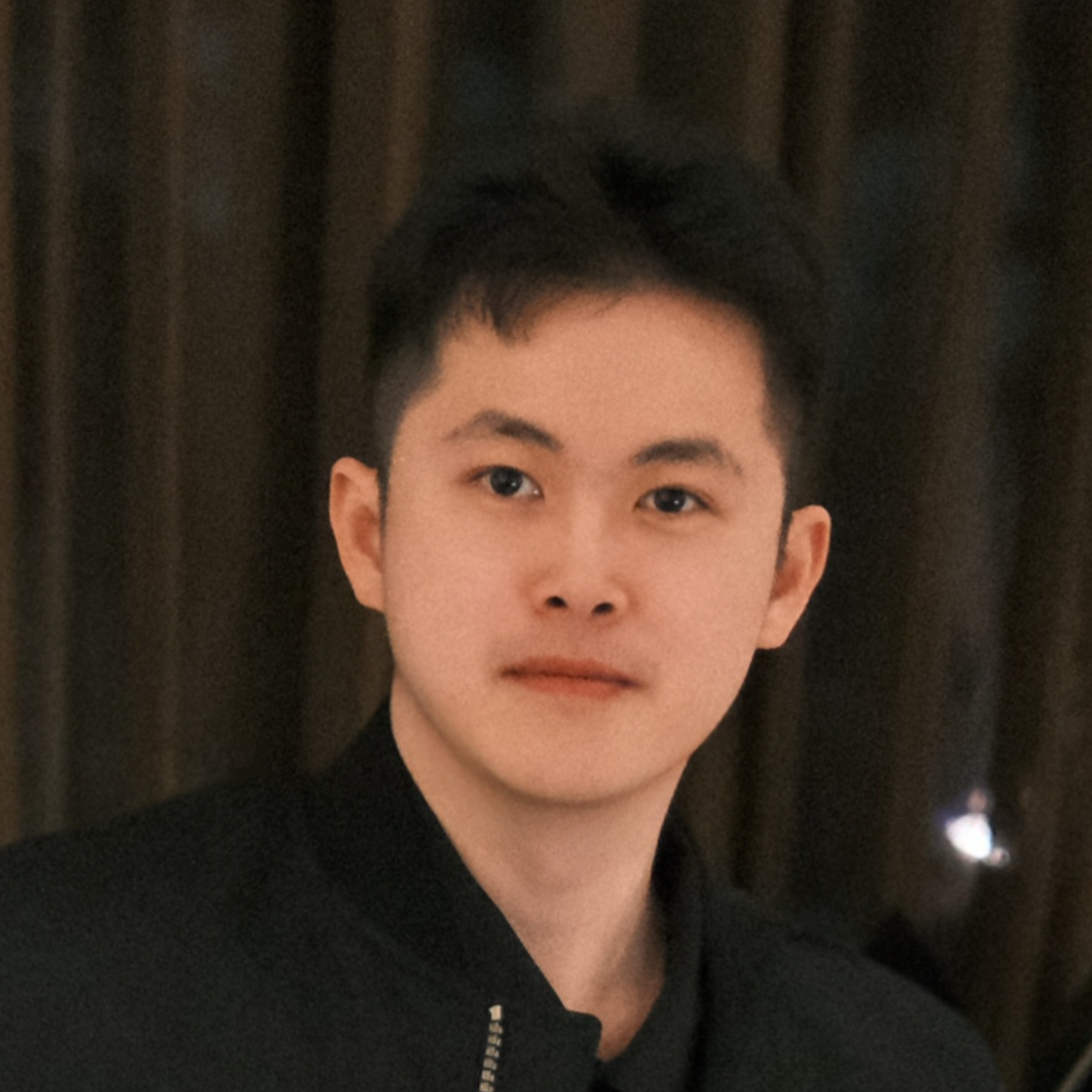 Mingran Jia (
Mingran Jia (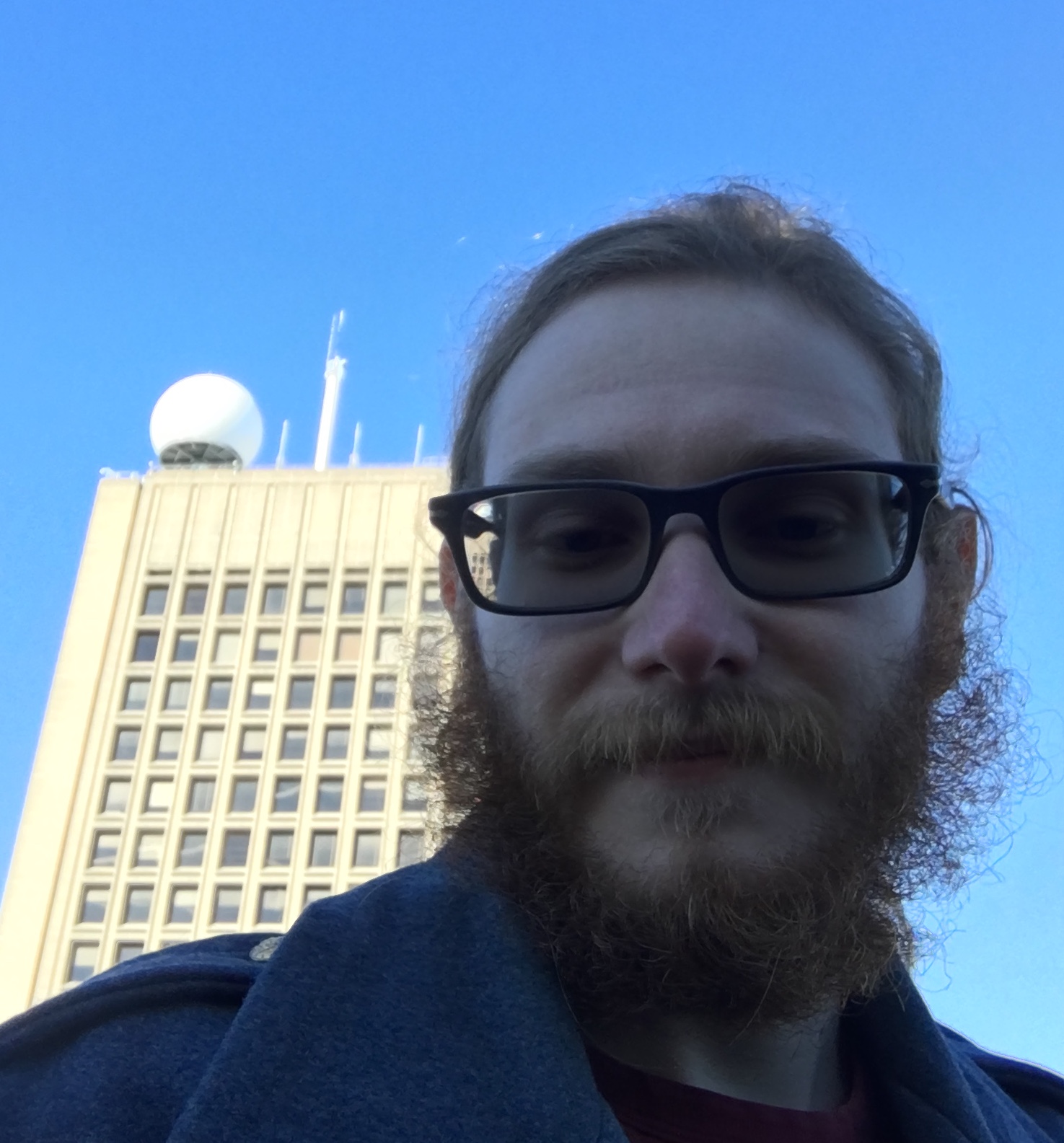 Daniel Sheen (
Daniel Sheen (
 Alec Yen (alecyen@mit.edu) is from Tullahoma, TN. He received the B.S. degree (summa cum laude) in Electrical Engineering from the University of Tennessee, Knoxville in 2020. His undergraduate research focused on analog integrated circuits, with past research in neuromorphic hardware, facial recognition, and power systems. He is currently a Ph.D. student in the EECS department at MIT, with a focus in terahertz integrated systems.
Alec Yen (alecyen@mit.edu) is from Tullahoma, TN. He received the B.S. degree (summa cum laude) in Electrical Engineering from the University of Tennessee, Knoxville in 2020. His undergraduate research focused on analog integrated circuits, with past research in neuromorphic hardware, facial recognition, and power systems. He is currently a Ph.D. student in the EECS department at MIT, with a focus in terahertz integrated systems.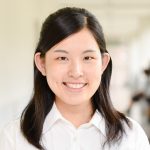 Yukimi Morimoto (
Yukimi Morimoto ( Xingyu Zou (
Xingyu Zou (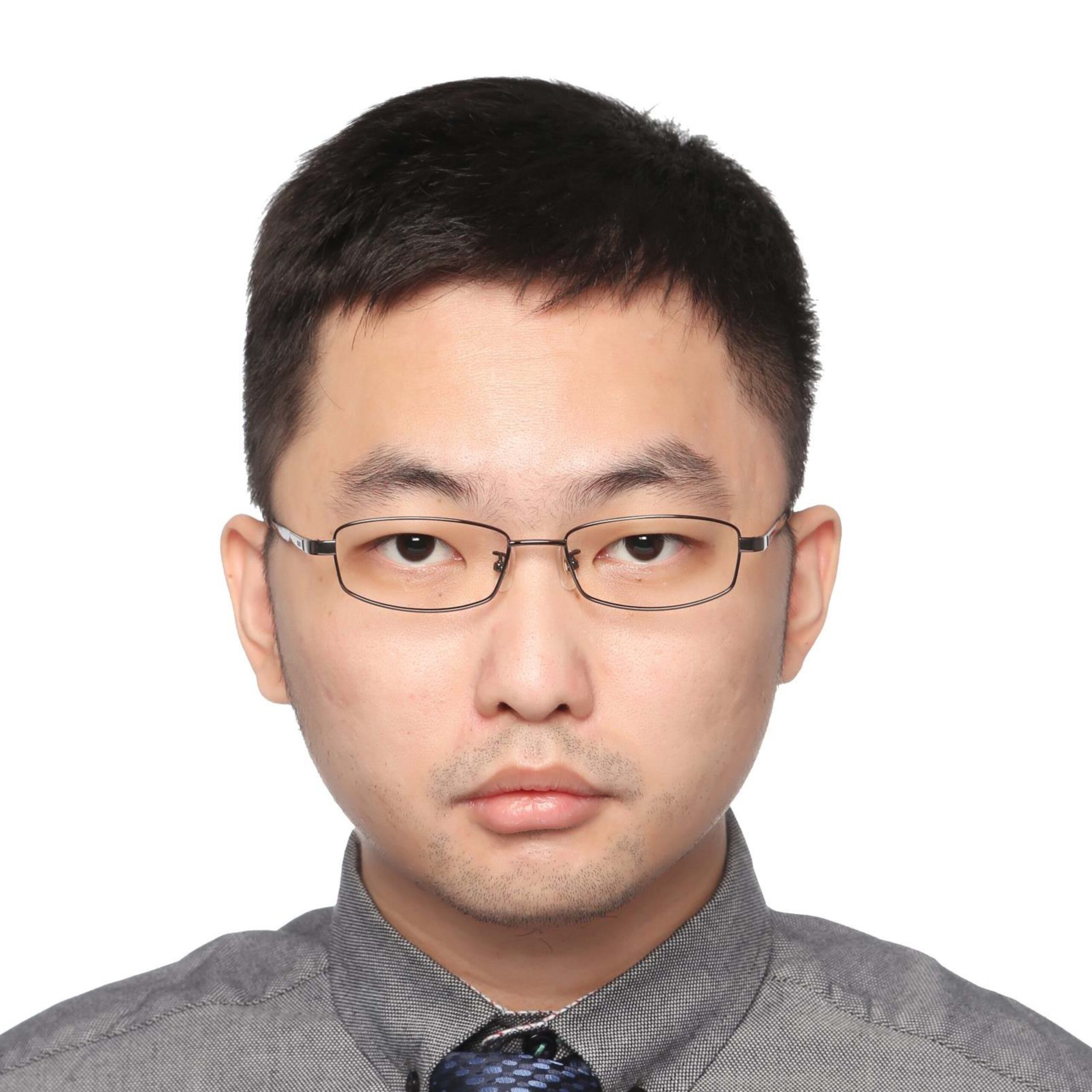 Xibi Chen (
Xibi Chen (
 Lingshan Kong received the B.Eng. degree in electrical and electronic engineering from Nanyang Technological University (NTU), Singapore, in 2014, where she is currently working toward the Ph.D. degree.
Lingshan Kong received the B.Eng. degree in electrical and electronic engineering from Nanyang Technological University (NTU), Singapore, in 2014, where she is currently working toward the Ph.D. degree. Weerachai (Junior) Neeranartvong (
Weerachai (Junior) Neeranartvong ( Nestor Franco (
Nestor Franco (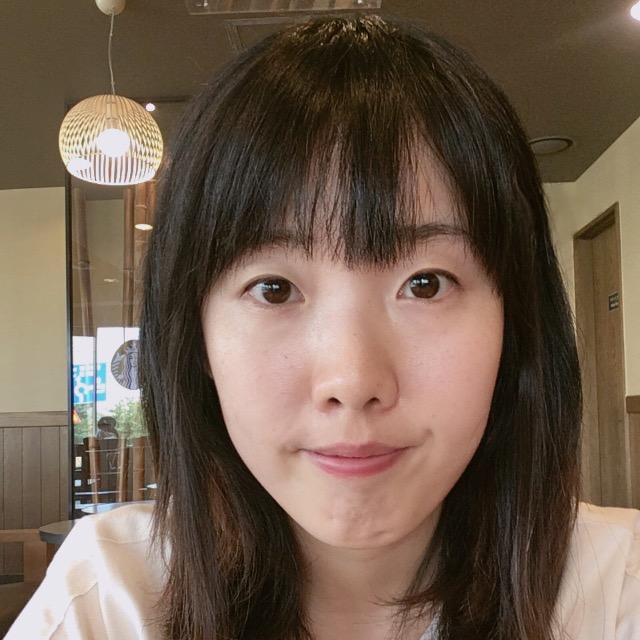
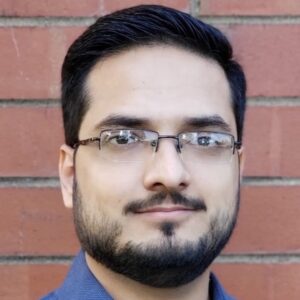 Ibrahim (
Ibrahim (
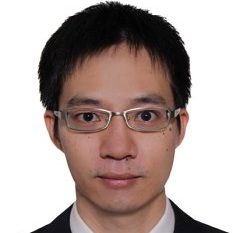
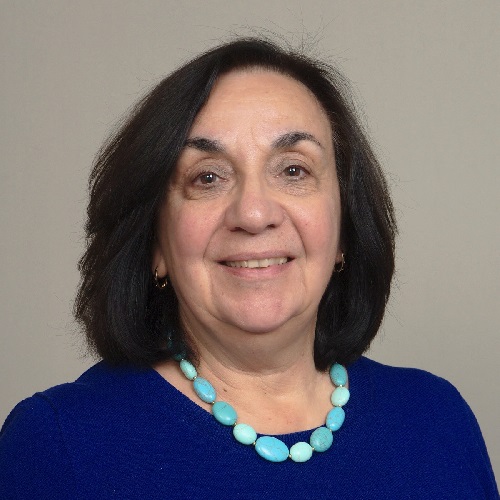 Email: kbrody@mit.edu
Email: kbrody@mit.edu